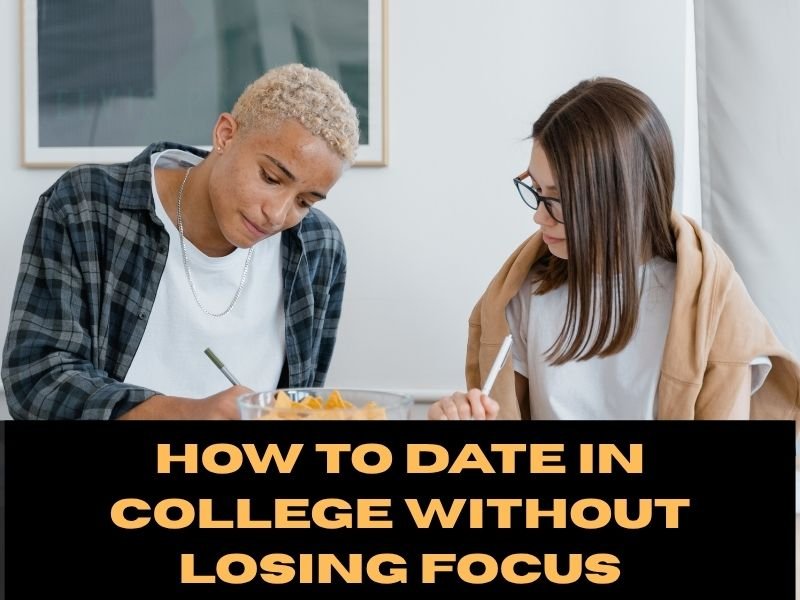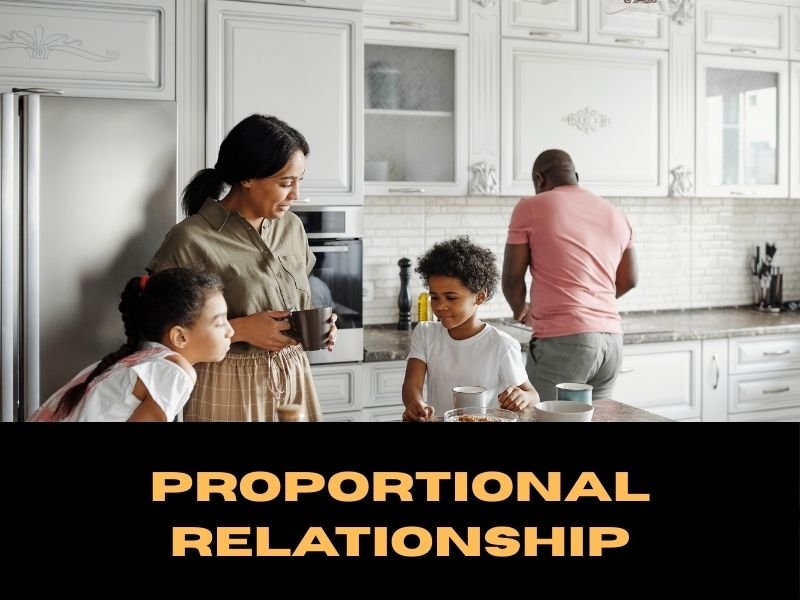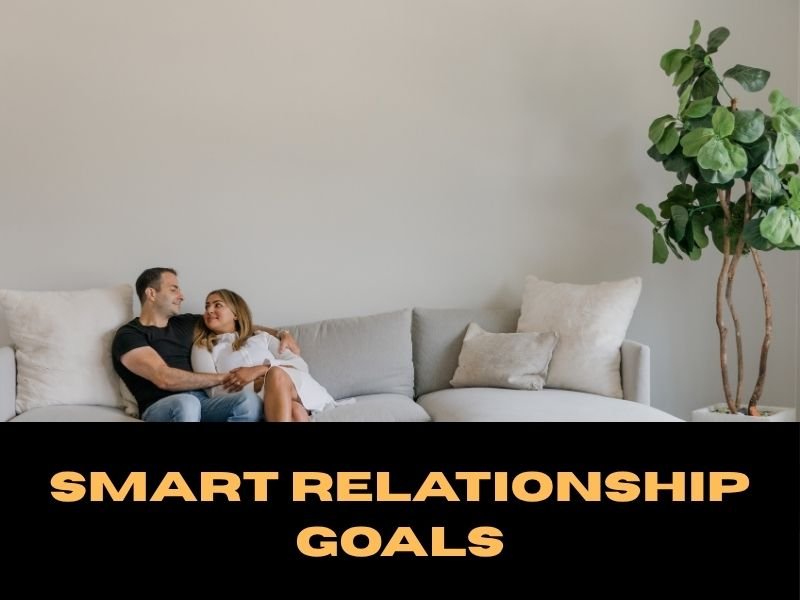College is usually a time of self-discovery, late-night study sessions, and, let’s be honest, a bit of romance. But between papers, exams, and club meetings, trying to balance your academic goals with a healthy dating life can feel like walking a tightrope. That is where the idea of “Love & GPA: 7 Realistic Tips for Dating in College Without Falling Behind” becomes so essential.
If you have ever felt like dating is distracting you from your grades, or like school is getting in the way of your love life, you’re not alone. This article is packed with practical, no-fluff advice to help you enjoy both without compromising either.
Choose a Partner Who Respects Your Academic Goals
This is the first and most important rule because not all relationships are built to thrive in the demanding world of college life. One of the most important ways to protect both your love life and your grades is by choosing someone who genuinely supports your academic journey. Someone who is of like mind.
A partner who encourages you to study, understands when you are busy, and even helps you stay focused is a major asset. On the other hand, someone who constantly competes for your time or distracts you from your goals can quietly sabotage your academic success.
In a college setting, compatibility isn’t just about shared interests, it’s about shared values and understanding. If you are serious about “Love & GPA: 7 Realistic Tips for Dating in College Without Falling Behind,” then having the right partner is half the battle.
Schedule Smart: Time Management Is Your Superpower
You’ve got lectures at 10, a group project meeting at 2, and a dinner date at 7. Sound familiar? Without a solid time management system, it’s easy to fall behind in either your relationships or your responsibilities.
To keep you on track, make use of a digital planner or calendar app to map out your week. Block time for studying, social life, and rest. This gives your relationship a healthy structure and reduces guilt when you’re focusing on academics. When your time is organized, both your GPA and your relationship will benefit.
Set Boundaries Early With Yourself and Your Partner
Boundaries aren’t just about saying “no” to others, as this is the general idea people come up with when the word boundary is mentioned; they are also about saying “yes” to what matters. This would mean that if your chemistry class needs your full attention during midterms week, then Netflix-and-chill can wait.
Communicate with clarity with your partner about study schedules, examination periods, and important deadlines. Let them know you value the relationship, but that your education is your priority. The right partner will understand and even support your ambition. Respecting each other’s time from the start builds mutual trust and helps both love and GPA grow steadily.
Don’t Skip Class for Romance, Love & GPA Must Coexist
Somedays, it could be tempting to skip that 8 a.m. lecture to stay in bed with your significant other, but this short-term pleasure can create long-term academic stress and regret. While skipping classes may feel harmless on a rainy day, it quickly adds up, and so do the missed notes, tests, and participation points.
Remember, college is a once-in-a-lifetime opportunity to build your future together, and if your relationship is strong, it won’t crumble just because you prioritize showing up for class. Showing your partner that you take your responsibilities seriously from the beginning will set a tone of maturity and respect. In other words, if you want to keep both love and your GPA healthy, discipline is the bridge between dating and achieving your goals.
Use Study Dates to Combine Time Together and Time Productively
One of the smartest and effective ways to maintain a healthy relationship without sacrificing school is by turning quality time into study time. Study dates can help you and your partner stay on track academically while still nurturing your bond.
Whether you are in the library, working side-by-side in a quiet café, or quizzing each other before an exam, combining romance with productivity can be surprisingly effective. It helps you associate your partner with support and focus, not distraction and delay. However, just be sure the “study” part stays real. Set mini-goals for each session and keep the flirting to a manageable minimum, at least until the textbooks close.
Communicate When You Are Overwhelmed—Love & GPA Both Need Honesty
One of the most overlooked lessons in Love & GPA: 7 Realistic Tips for Dating in College Without Falling Behind is the power of open communication during stressful periods. Be assured that the College will push your limits. Midterms, finals, internships, and family issues can leave you feeling emotionally drained. Discuss this with your partner, as this is something you should prepare for ahead.
When and if this happens, let your partner know what you are going through instead of withdrawing or acting distant. A simple, “Hey, I’m swamped this week, but I care about us,” can prevent misunderstandings and emotional distance. Remember, clear communication will keep the relationship strong and your mind focused. Don’t try to “power through” everything alone, your emotional honesty is just as important as your academic integrity.
Do Not Lose Yourself—Stay True to Your Identity and Goals
As you know, college is a time of growth, not just academically, but emotionally, physically, and sometimes spiritually. Amid the excitement of a new relationship, it’s easy to start molding your schedule, interests, or ambitions around your partner. This is because the best relationships will not ask you to shrink. They will give you room to grow.
Stay active in your clubs, keep up with your hobbies, and spend time with your friends. Make decisions based on your long-term goals, not just your current feelings. If your relationship is meant to last, it will adapt as both of you evolve. Your identity, dreams, and GPA all matter. Keeping them at the center of your college experience helps you build a balanced, meaningful life and relationship.
Conclusion
Balancing your love and academic life while in college isn’t about choosing one over the other, it’s about choosing both with a clear intention. The key takeaway from Love & GPA: 7 Realistic Tips for Dating in College Without Falling Behind is this: success in school and success in relationships don’t have to be in conflict. They can actually support one another when approached wisely. You Can Have both if you are intentional.
Therefore, prioritize time management, clear boundaries, open communication, and partners who understand your ambitions. By doing so, you are not just preserving your GPA, you are also building a foundation for a healthy, lasting relationship. College flies by, but the lessons you learn about balance, respect, and love can last a lifetime.
Frequently Asked Questions (FAQs)
1. Is it realistic to date in college without letting my grades suffer?
Yes, it is entirely possible to date in college without letting your academic performance suffer if you are intentional about balance. The reality is, college relationships can be fun, meaningful, and even motivating, but they require thoughtful planning. The key is developing strong time management habits, communicating boundaries early, and making sure that both you and your partner are on the same page about priorities. If academics are your primary goal, your relationship should support, not distract from, that ambition.
2. How can I tell if my relationship is affecting my academic performance?
A few warning signs may suggest your relationship is interfering with your studies. These include skipping classes to hang out, missing assignments, feeling mentally exhausted from emotional drama, or noticing a consistent drop in your GPA. Another red flag is when your focus during study time consistently shifts toward relationship stress or texting your partner. Healthy relationships encourage personal growth and should fit into your college routine—not disrupt it. If your schoolwork is suffering, it might be time for a serious talk or a rebalancing of your priorities.
3. Should I avoid dating during my freshman year?
Dating in your first year of college isn’t necessarily a bad idea, but it’s wise to approach it with caution. Your freshman year is full of adjustments, new living situations, academic expectations, social circles, and personal independence. Jumping into a relationship too quickly can sometimes distract you from building those foundational experiences. If you do choose to date early in college, take it slow. Make sure you’ve established your own routine, goals, and identity before diving deeply into someone else’s world.
4. What’s the best way to manage time between dating and studying?
The best way to juggle dating and academics is by creating a structured schedule. Use a calendar app to block off dedicated study hours, class times, and relationship time. Stick to that schedule as much as possible. Communicate with your partner about busy periods like exams or project deadlines, and use “study dates” when appropriate to combine productivity with companionship. Remember: boundaries protect your goals, and routines keep you accountable.
5. How do I know if my partner is supportive of my academic goals?
A supportive partner will respect your study time, cheer on your successes, and never pressure you to put them ahead of your academic responsibilities. They’ll understand when you need space to focus and offer encouragement during stressful periods like finals. If your partner becomes upset when you prioritize school, it may be a sign they’re not aligned with your long-term vision. In a healthy relationship, both people lift each other up, especially when it comes to something as important as education.







